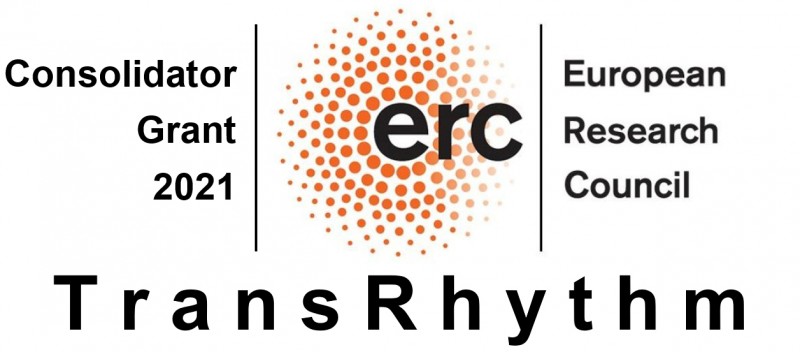
Heart rhythm disorders pose a major challenge to modern cardiovascular medicine. The most common cardiac arrhythmia, Atrial Fibrillation (AF), affects 2-3% of people worldwide. It is known for its progressive nature and increases the risk of stroke and heart failure, thereby constituting a major economic burden: more than €20 billion a year is spent on AF in the ten biggest European countries alone.
For some AF patients, the only effective means for acute rhythm restoration is delivery of high-voltage shocks to the heart. These need to be performed in hospitals under general anaesthesia because of otherwise intolerable pain. Currently, there is no therapeutic strategy to address the need for immediate yet pain-free treatment of AF, which would allow patients to freely move about and receive treatment without even being aware of it.
Daniël is convinced that, one day, we will enable the human heart to treat its own rhythm disturbances and restore its normal rhythm at any time and in any place. The basis is the heart’s own ability to generate electrical current (i.e. bioelectricity). To restore normal rhythm, he proposes to no longer use high-voltage electric shocks, but instead appropriately timed bioelectrical currents, generated by the arrhythmic heart itself.
With funding from an ERC Consolidator Grant, his TransRhythm project will explore this possibility by combining unique advances in genetic engineering, computer modelling, tissue engineering and micro-optoelectronics. Through its innovative interdisciplinary approach, this research could pave the way towards the development of paradigm-changing treatment options for cardiac arrhythmias, enabling shock-free ambulatory AF treatment and improving patients’ prognosis and quality of life.








